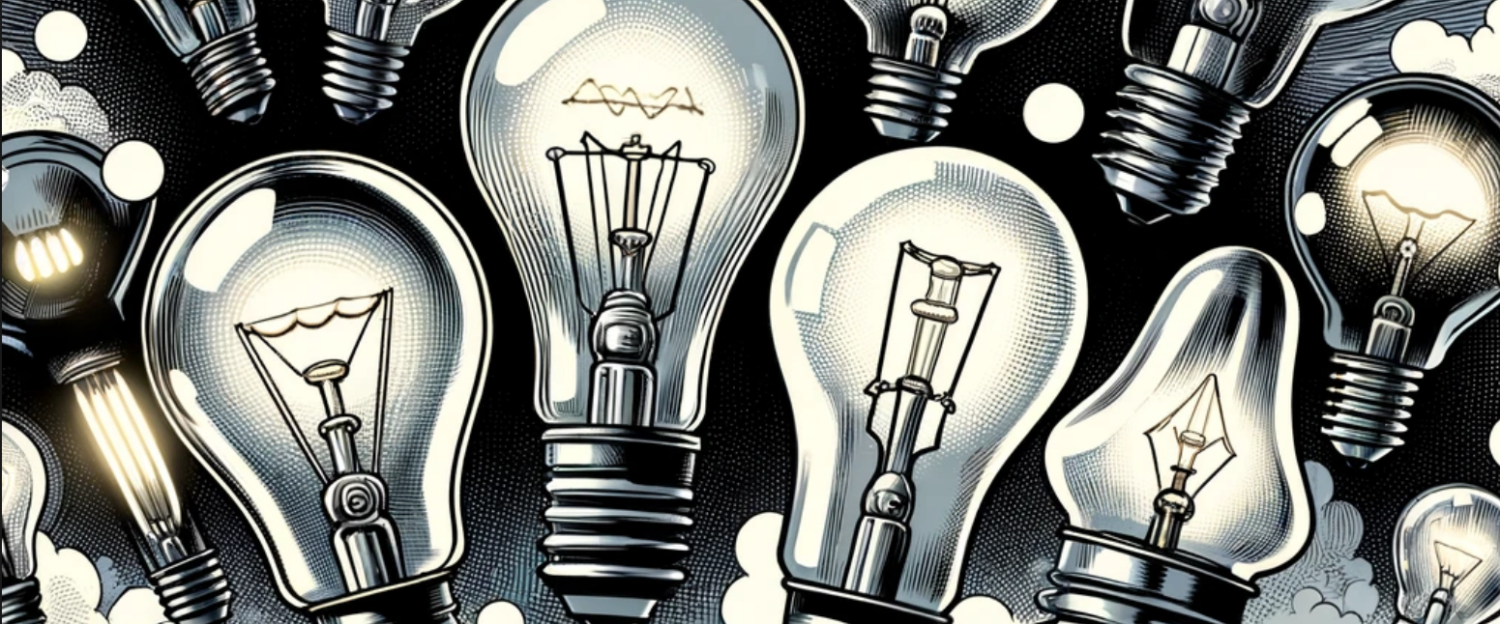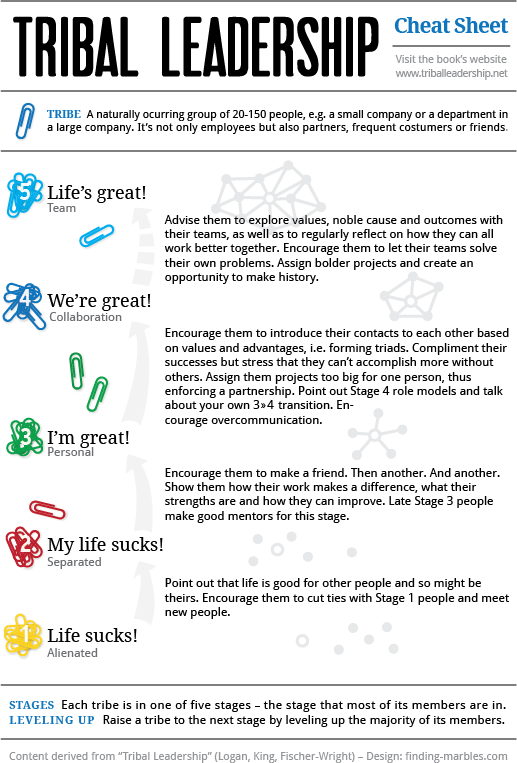A few weeks ago I had the honour of attending a Hub Gathering in celebration of the third anniversary of the Ye mi sqeqo:tel la xwe’lets emo:t o Community Engagement Hub which is hosted by the Seabird First Nation. Linda Kay Peters is their Hub coordinator and as one of the first Hub Coordinators in the province she has blazed many trails for those of us who came after. This being the case I was more than happy to be added to the agenda at this gathering. (Full history of the Hubs and their funder the First Nation Health Council.)
I drew the oh-so-coveted right after lunch time slot so let spontaneity take over and launched right into an interactive explanation of what Hubs and Hub coordinators actually do. As I moved into the creative space it occurred to me that what we Hub coordinators do, is help individuals and groups move from whatever stage they are at, to the next stage. When I say stage I am referring to the stages outlined in the book Tribal Leadership by Dave Logan, John King, and Hallee Fischer-Wright.
Tribal Leadership – the book
Some back story on this I love the book, the research and the underlying philosophy of Tribal Leadership. I have the audio version, the e-book version, and the hard copy and in June when the paperback comes out I will most likely buy several to give to friends and colleagues. I also have the TED video of Dave Logan describing Tribal Leadership saved to my iPhone so I can more easily show people what I’m talking about, cos I talk about various leadership models… a lot. I hope to wrap at least part of my MA project around the research and all in all I’m a HUGE fan… And the term Tribal Leadership causes me great frustration.
Words matter
It causes me frustration not because it is inaccurate or misrepresentative. It causes me frustration because in the areas I work in, First Nations and aboriginal leadership and community, Tribal Leadership means something already. The words are taken… so when I present or have conversations with these groups I try very hard to talk about the book and the stages without actually using the terms tribe or Tribal Leadership.
So, Im at this gathering and want to convey the concepts of Tribal Leadership and relate those concepts to the work of the Hubs and do it without actually using the words. I also wanted to get people up and moving around as the bannock served at lunch was starting to have an unintended impact on people’s eyes. This is what I did.
The process
I started with the the usually blah, blah, blah this is who I am introduction and then asked the group if they knew what a Hub’s really did. A few people shouted out the line about Hubs being funded to communicate, collaborate and create community directed health plans. I dug deeper and when I hit response bottom I invited the group to participate in an activity. I was careful to be explicit in the invitation as it’s my experience that this gets more people involved. (That’s not manipulation, its strategy.) I continued to invite until I sensed that I had some interest. After a final promise to not centre anyone out I ask a question. I asked, Have you ever said to someone or thought to yourself ? Man, life sucks!??
The initial reaction was… well nil. So I asked again this time watching for contemplative body language. I made eye contact with one young fellow in the group. You could just tell he had some presence going on and was a natural leader. I asked the question again and he raised his hand. I then asked again and said ok, if you have every thought to yourself Life sucks! follow this young man and stand over here.
A half dozen people followed him and I moved on to the next question, Have you ever said to someone or thought to yourself, Man, my life sucks! If you have, then go stand next to that group. About a dozen people got up and stood next to the first group.
The third question was, and you can skip ahead if you?ve reads the book, Have you ever said to someone or thought to yourself, I’m great… and your not? This was a tough one so I had to play the sports card. Think about a time when you were competing one on one with someone I suggested, and that got a few people up and standing together in the next group.
The next question was also helped with a reference to sports, this time teams sports. Have you ever said to yourself or someone else We’re great.. and they’re not? Another group got up and stood next to the other groups. The last question was Have you ever said to someone or thought to yourself Life is great!) This got the best response, probably for a multitude of reasons but that was ok. The goal was to get people up and to have them sorted into five groups.
Linking the concepts
Now with them in groups I wanted to demonstrate how the role of the Hubs was to help people in stage 1 (Life sucks) move into stage 2 (My life sucks).
I spoke a bit about the impact of colonialization, residential schools, and the disproportionate number of First Nations and aboriginal people in jail and in gangs. Then I talked a bit about culture and community as healing and the importance of inviting people at stage 1 into gatherings like this one, or into family gatherings, longhouse events and other places that people gather to share and get a sense of belonging. I also asked some questions. I asked the people in group 1 what it would take to get them to move into and share the space with the group 2 folks. They said all it would take would be an invitation. So the group 2 folks invited them over and we now had a larger group of stage 2 folks.
I talked a bit about organizations and some of the things that happened over and over again in First Nation organizations particularly. Where people just kind of existed and where you heard lots of complaints about services and lots of blaming. I asked the group if this is where they wanted to stay and of course they said no. I should mention that we were having fun now. There was lots of bantering and kidding on and the bannock was wearing off. I moved into talking about relationships and how people moved from stage one to stage 2 but being invited and that that was really the beginning of relationship building. Moving from stage 2 to the next stage would also require relationship building, mentorship and engaging one on one with people. The stage 3 people invited the stage 2 folks to join them and we moved on.
One of the things that keeps me passionate about the work that I do is that the FNHC is at stage 4 and often moves into stage 5. They are vision and value driven and have a clear purpose that most of their organization has fully enrolled in and committed to. The Hubs role is to extend that reach, that vision, those values and the mission by enrolling (borrowing enrolment terminology from Senge) the communities and their members. The Hub coordinators need to find folks where they are and help move them into stage 4. I provide that information along with some ideas about the power of a stage 4 group.
By this time I was out of time so we just touched on stage 5 and what it would be like to be at stage 5. The book uses the Truth and Reconciliation hearings as an example and again the language was challenging as British Columbian First Nations are moving into their own Truth and Reconciliation process.
So, there you have it, how to survive the post lunch presentation slot and explain Tribal Leadership without ever using the word tribe or Tribal Leadership.
Note to those who have read the book Yes, I wrote this at stage 3 as it’s the best stage to write at based on the theory that each stage can only understand one stage below or above… Ok, or I’m still stuck in stage 3 Â 😉

